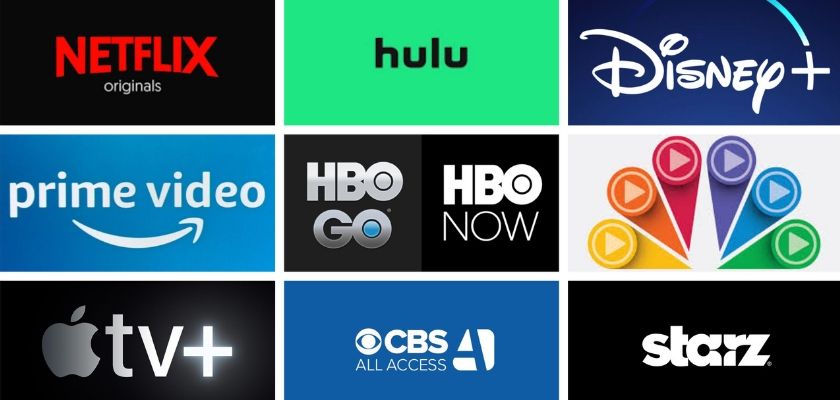Customer satisfaction scores suggest that the rise of streaming video platforms is undoubtedly a good thing. The numerous streaming alternatives became a valid alternative to the antiquated cable TV sector, affected by stagnation, poor price to quality ratio, and comically awful customer service (see South Park #239).
But as the sector grows, new problems arise.
Companies are increasingly removing their content from platforms like Hulu and Netflix to make it exclusive to their own streaming services, forcing users that want to follow all their favorite content to open multiple accounts. Disney, for example, is pulling its content off of Netflix and Hulu, to make it unique to the Disney+ streaming service arriving next year.
Similarly, AT&T will soon make its proprietary content, like Friends, exclusive of its upcoming streaming platform.
Studies suggest that we can expect most of the broadcasters to launch their own streaming services by 2022. They also want all of their content to be exclusive to their proprietary platforms.
Overall, in the next few years the sector risks to be fragmented in tens of exclusive streaming services, a situation that would frustrate users and empty their pockets with subscriptions that can cost up to $15 each, multiplied by several accounts.
A Deloitte study described this situation as “subscription fatigue”. In theory, users could just hunt around for their favorite content and create their custom streaming package by signing on and off from subscriptions. However, canceling a subscription can be quite tedious: companies in most cases will try to discourage people from leaving, and the increasing competition is unlikely to produce any positive change.
There’s another issue. AT&T Time Warner, Comcast NBC Universal, and Verizon have a significant advantage in the race: they own the conduit these services travel on as well as much of the content that competitors would need to be able to compete. AT&T, for example, exploits this advantage by imposing a usage cap on its broadband customers only if they use a competitor’s service, and by offering a discount (like HBO for just $5) if you use AT&T wireless services.
People will more likely unsubscribe from smaller services than from AT&T and its peers, especially considering the discounts tied to these subscriptions. There might be increasing competition in streaming, but the same thing doesn’t apply to broadband and this is destroying net neutrality.
The internet’s history has shown several times that when users are not able to get the content they want easily, cheaply, and efficiently, they will likely turn to piracy.
The first anecdotal evidence is starting to show that this is already happening, with BitTorrent usage seeing a notable increase over the last couple of years as it became more difficult for users to identify which service holds the broadcasting rights for the content they are searching for.
The Telecom sector, in this case, would still be able to generate revenue because of the arbitrary usage caps and overage fees: users either have to subscribe to an ISP proprietary streaming service, or they get penalized for piracy.
Competition itself is not a bad thing, but the internet market is in constant evolution and this evolution proved several times to cause trouble. Trouble that seems to be ignored by the industry, which is driving full-speed into this new direction.
History tells us that the few that realize the increase in content exclusivity will most likely lead to piracy will probably deal with the issue only when they have to. And it also tells us that when the piracy rates increase, companies tend to blame everything but their actions.
It is possible that in a few years after the weaker platforms have been suffocated via competition, users will still look for a central subscription repository to facilitate the navigation through all of the choices. Given the actual situation, it is also possible that telecom could force its way to become the undisputed ruler of the streaming kingdom, creating a future where content streaming looks a lot like the cable TV it didn’t want to be.
If you're tired of censorship and dystopian threats against civil liberties, subscribe to Reclaim The Net.









